Two days before Gamescom’s opening, the annual developer conference Devcom examined the current state of the games industry, focusing on production and funding perspectives for game developers. AI was a hot topic at various levels of production, while the funding landscape reflected the ongoing market instability following the pandemic’s peak and the subsequent slowdown.
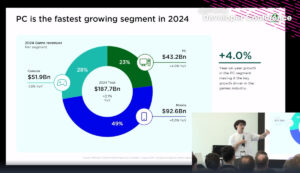

Newzoo’s market analysis offered some remarkable insights into platform development and segment shifts. While the console and mobile segments remained stagnant, the PC platform has emerged as the go-to choice. Console makers, in particular, have developed strategies to tap into this growth area, mainly by diversifying their core products for cross-platform distribution and live service deployment.
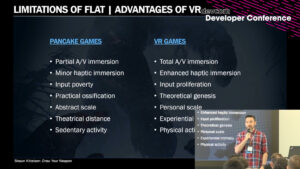
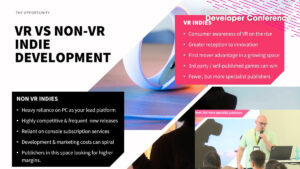
VR was a prominent theme, with strong use cases highlighted, especially for independent developers. Some presentations recapped the last decade of VR development in gaming, following personal progressions in IP development and VR mechanics. Others introduced new initiatives for VR production, including adding publishing activities to their development expertise. The market’s current shift to PC also benefits VR development, as efforts continue for parallel production between traditional and immersive gameplay.
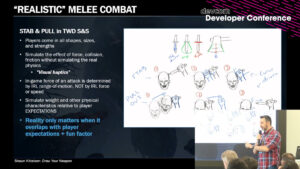
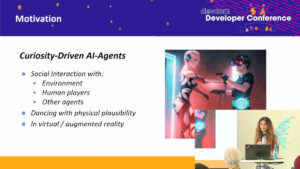
After 10 years in the consumer market, VR is beginning to be recognized as an established gaming segment, despite its ongoing association with innovation and experimentation. Meanwhile, AI, currently being hailed as a novelty, has a long history in game development. While generative AI is now revolutionizing production pipelines with advanced automation, rapid computation, and much-needed cost reductions, NPC design has been a staple of the industry for decades. As with player communication, people management, and service organization, the new tools offered by generative AI must be balanced with existing practices.
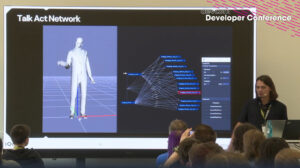

As the industry gradually returns to a state of normalcy following post-pandemic disruptions, game development in 2024 remains as adventurous as ever. VR is now carving out its own history, funding requires even more preparation and proven marketability to minimize investment risks, and the gaming landscape continues to serve as an ideal training ground for AI advancements.

